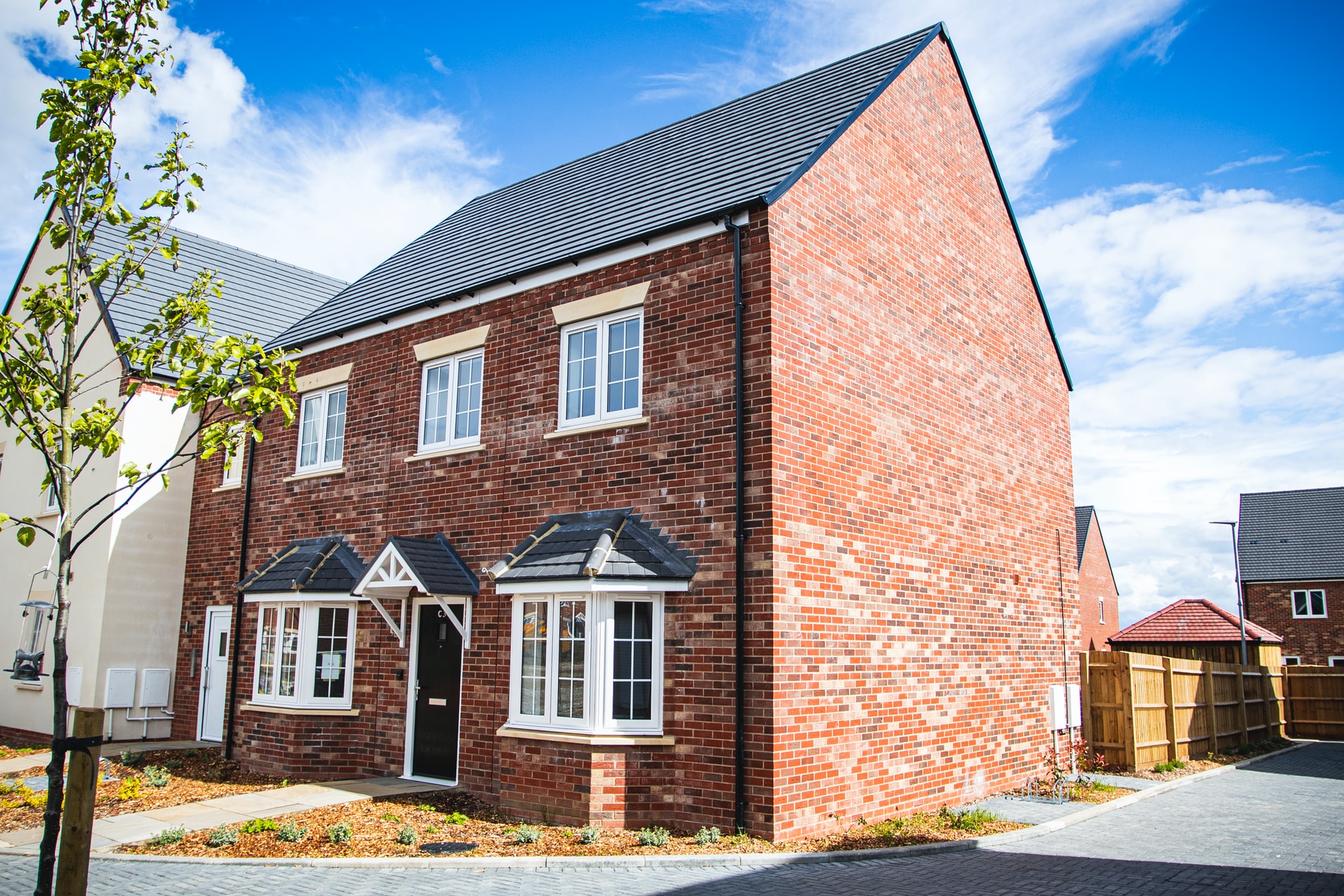Owning your own home can be an investment for your future and a very valuable asset for your family, so is the scheme worth considering as a route to home ownership? In this article, we answer some frequently asked questions by looking at how the scheme works and who is eligible.
What is the Right to Buy Scheme?
Since the 1980s, the Right to Buy scheme has allowed over two million people to own their own homes. The scheme enables council and housing association tenants to buy their homes and receive a discount of up to £87,200 or £116,200 in London.
Who can apply to the scheme?
You can apply for the scheme if your council or housing association home if:
● The property is your only or main home
● It is self-contained
● You have been a public sector tenant for three years (this does not have to be in a row)
● You are a secure tenant
Can I make a joint application?
Yes, you can make a joint application with someone who shares your tenancy or up to three family members who have lived with you for the last 12 months.
How has the scheme been extended?
The Right to Buy scheme will extend to tenants renting homes from housing associations. The extension of the scheme could benefit up to 2.5 million tenants, providing them with an opportunity to buy their homes.
Do I need a solicitor to complete my purchase?
Yes, you will need a solicitor or a licenced conveyancer to carry out the legal aspects of your purchase, including land registry fees, deeds and searches.
Can you sell your property after using the Right to Buy scheme to purchase it?
If you buy your home using the Right to Buy scheme, you can sell; however, if you sell within the first five years of ownership, you will likely have to pay back some or potentially all of the discount you received at the time of purchase. The amount you pay back will also depend on the value of your home when you sell.
Is the scheme right for me?
Buying your own home is never a decision to be taken lightly, whether using the scheme or otherwise. When you buy your own home, you take on costs that you might not necessarily be liable for as a tenant, including:
● Maintenance of the house and repairs - your landlord is no longer responsible for any repairs or maintenance, and you will need to pay for these yourself
● Home insurance - while you might already have contents insurance if you are renting, when you are the owner, you will also need buildings insurance
● Income protection - this is something you may also want to consider in the event that you can no longer pay your mortgage
● Service charges - these are most common if you are buying a flat for the maintenance of the building and upkeep of surrounding areas
Before making any decisions, you should seek professional advice to determine if the scheme and home ownership is the right option for you.
